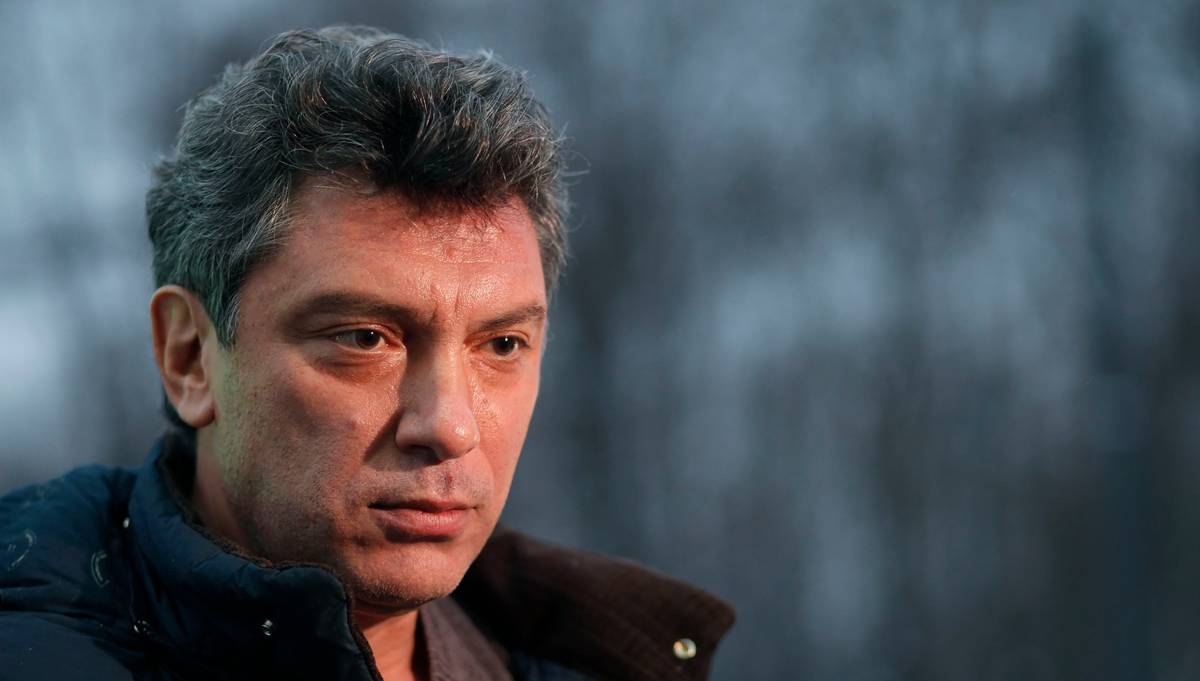From studying spike proteins to studies of blood clotting in COVID-19, the arrival of a new virus sparked much inspiration among scientists. “Research initiatives arose throughout the LUMC. Because many separate studies do not always benefit the patient, it was decided to link the LUMC studies together. This also makes the results of each separate study much easier to interpret,” explains project leader and internist-infectiologist Anna Roukens.
Unique setup
Under the name BEAT-COVID, 13 LUMC departments have worked together over the past two years to better understand the coronavirus and the response of our immune system. What is unique is that material from the same patients was used for each study. Roukens: “We collected central material, such as blood, from patients who were in the LUMC with COVID-19. The affiliated departments received these samples three times a week. With which everyone, from hematologists to parasitologists and from ICU personnel to virologists, did their own research.” This naturally led to a lot of analyzes and data. The first results from the BEAT-COVID team are now published in Nature Immunology.
Local immunity
“A lot of research into the coronavirus focuses on the immune cells in our blood. It has never before been mapped in humans how the local immune system in the nose changes as a result of COVID-19,” says researcher at Parasitology Simon Jochems. After comparisons between COVID-19 patients and healthy people, Jochems and colleagues saw that the coronavirus has a strong effect on the immune system in the nose, and that this persists for a long time. For example, together with Mirjam Heemskerk’s group, two months after infection, coronavirus-specific memory cells were still found in the nose. These cells can prevent a second infection or make you less sick.
Nasal vaccination
Although still in the future, Jochems thinks that this knowledge makes it interesting to investigate local vaccinations, for example in the nose. “We see that the coronavirus provides local immunity. We could mimic this by vaccinating people locally as well. Studies are already underway into a nasal corona vaccine and in the United States a nasal flu vaccine has been used in children for years,” says Jochems.
These results also help to ultimately find out which groups are susceptible to respiratory infections. “If we are able to identify these groups, we may in the future choose to vaccinate these people preventively to avoid hospital admissions,” says Hermelijn Smits, professor of Immune modulation through host-commensal interactions.
Breaking Boundaries
It is unique that researchers from so many different fields work together. “Whereas departments usually do their own research, we now saw that a crisis broke through certain boundaries,” says Smits. “It was a lot of fun to do and definitely leaves you wanting more.” For example, the departments of Roukens and Jochems will jointly hire a PhD student and all kinds of ideas are already on the shelf for follow-up research between the departments.
By: National Care Guide
–


